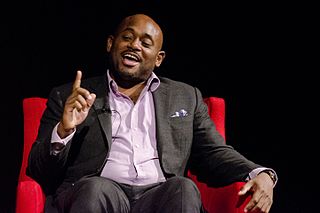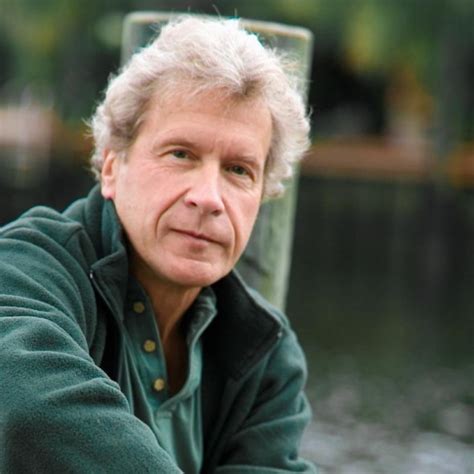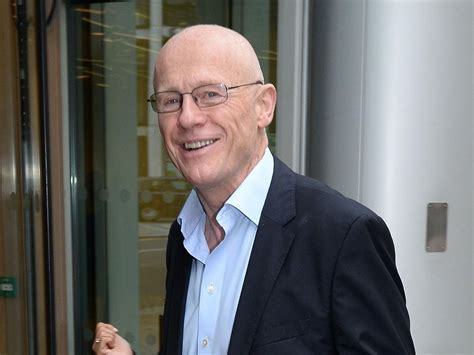A Quote by Kiran Mazumdar-Shaw
I belong to the breed of first-generation entrepreneurs who have basically created our enterprises with very frugal resources.
Quote Topics
Related Quotes
When you're first-generation money, you want to say, "I got a Mercedes and a Rolls and a Lamborghini. Take a look." When you're second-generation money, you're very quiet behind your country club doors. I think that's why people are much more aware. It's the first-generation wives that have the huge rings and the second-generation says, "Everyone be quiet as we get on our yacht or our private plane."
We would love to see Canadian federal and provincial governments establish a new business entity class like the CIC or L3C for social enterprises. Our governments should also offer tax incentives to entice more entrepreneurs into the social economy, and encourage foundations and impact investors to put their capital into social enterprises.
We grew up in a praying home [with Alex Kendrick], we saw incredible answers to prayer in our parents' lives, they grew up in praying homes, our father launched a Christian school with nothing, basically he had some people that believed in the project but they had very little resources, and we watched our parents deal with those issues first in prayer, and then when they went out knocking on doors they saw amazing doors answered and resources come in.
Some incubators, like Y Combinator and TechStars, were started by successful entrepreneurs wishing to help the next generation learn from their experiences. Other programs, such as Viterbi Startup Garage and Austin Technology Incubator, were created by universities to help young entrepreneurs bridge the knowledge gap from student to funded company.
When the President is making it harder to mine coal, to use coal, to take advantage of our gas resources, to make it harder to get our oil resources - all those things combine to make our cost of energy higher than it needs to be, and it drives away enterprises from this country. It sends it to places that have lower-cost energy.
I think entrepreneurs are born and not created, and so I think you see a lot of similarities among entrepreneurs in different parts of the world. Their backdrop may be very different, but their drive to create a business and to create jobs remains very much the same, whether it's in Silicon Valley or Kandahar or Kabul.
We are talking about capital-intensive enterprises, so market certainty is the key. Investors and entrepreneurs have to know that there will be a guaranteed U.S. renewable energy market in which they can compete. Otherwise, they will create the next generation of green companies and green jobs in Asia, not here.
Today's children are living a childhood of firsts. They are the first daycare generation; the first truly multicultural generation; the first generation to grow up in the electronic bubble, the environment defined by computers and new forms of television; the first post-sexual revolution generation; the first generation for which nature is more abstraction than reality; the first generation to grow up in new kinds of dispersed, deconcentrated cities, not quite urban, rural, or suburban.



































